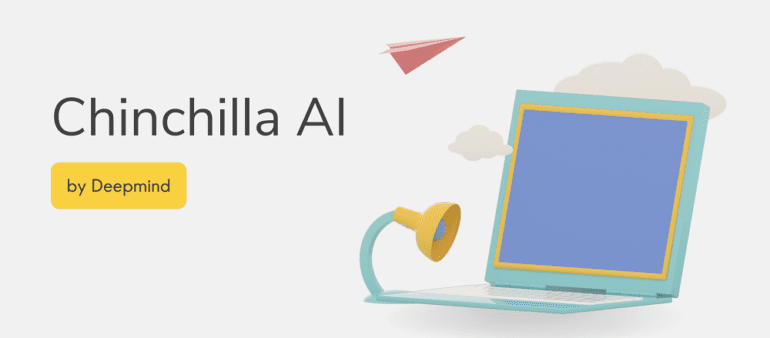TL;DR:
- DeepMind’s Chinchilla AI demonstrates superior lossless data compression abilities.
- Outperforms FLAC in audio compression, reducing file sizes to 16.4%.
- Achieves image compression at 43.4%, surpassing PNG.
- Chinchilla’s adaptability extends beyond text, excelling in various data types.
- Compression and prediction symbiosis were explored, with Chinchilla proving more adept at generating meaningful results.
- Long-standing notion that compression equates to intelligence revisited.
Main AI News:
In the ever-expanding domain of artificial intelligence, DeepMind’s Chinchilla AI is making waves, challenging conventional notions of lossless data compression. If you’re one of those who believe that FLAC is the ultimate audiophile’s haven for lossless music files, think again. The world of AI is stepping into the compression arena, and it’s doing so with remarkable prowess.
In a groundbreaking study titled “Language Modeling Is Compression,” as reported by ArsTechnica, a profound revelation surfaces regarding DeepMind’s LLM, the Chinchilla 70B. This language model has exhibited a remarkable knack for outperforming FLAC in audio compression and surpassing PNG in image compression.
Chinchilla 70B demonstrates its prowess by significantly reducing the size of image patches sourced from the vast ImageNet database. Astonishingly, it accomplishes this feat while retaining every intricate detail, shrinking images to a mere 43.4% of their original size. This achievement outshines the PNG algorithm, which can only muster a reduction to 58.5%.
Not content with just conquering image compression, Chinchilla also makes its mark in the realm of audio data compression. When applied to sound files from the LibriSpeech database, Chinchilla compresses them to a mere 16.4% of their original size, a feat that dwarfs FLAC’s compression capabilities, which can only achieve a reduction to 30.3%.
Lossless compression, a hallmark of Chinchilla’s capabilities, guarantees that no data is sacrificed in the quest for smaller file sizes. This stands in stark contrast to lossy compression, the technique employed by formats like JPEG for image compression, where data is discarded and assumptions are made regarding its appearance upon reopening, all in the name of compactness.
Surprisingly, Chinchilla 70B, primarily designed for text processing, exhibits exceptional prowess in reducing the size of various data types, often surpassing dedicated compression programs in the process.
The study’s researchers suggest a symbiotic relationship between prediction and compression, implying that a proficient tool for data reduction, such as gzip, can also be harnessed to generate new information based on the insights gleaned during the compression process.
In a notable experiment, researchers tested this concept by attempting to generate new text, images, and sound using both gzip and Chinchilla after exposing them to sample data. Predictably, gzip struggled and primarily generated gibberish. In contrast, Chinchilla, tailored for language processing, excelled in generating meaningful, coherent results.
Nearly two decades ago, researchers posited that compression, in its essence, constituted a form of general intelligence. They conjectured that “ideal text compression, if it were possible, would be equivalent to passing the Turing test for artificial intelligence.”
Conclusion:
Chinchilla AI’s remarkable performance in lossless data compression has significant implications for the market. It challenges existing standards and opens new possibilities for efficient data storage and transmission across various industries, from media and entertainment to data analytics and beyond. Its unique capacity to generate meaningful data through compression could revolutionize how businesses harness the power of artificial intelligence for data management and content creation.

